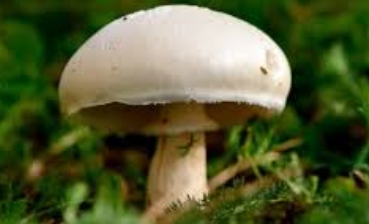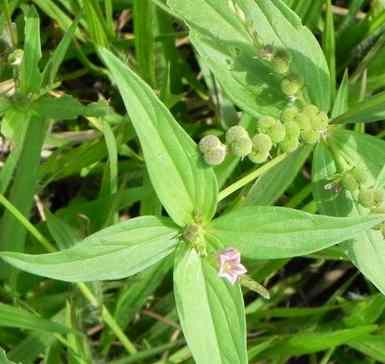
support@yorubalibrary.com
+2348073529208, 07038599574

Agaricus bisporus, commonly known as Olu Ebeje in Yoruba, is a species of mushroom widely consumed around the world. This edible fungus is commonly known as the white button mushroom, cremini mushroom, or portobello mushroom, depending on its maturity. It is a popular ingredient in many cuisines due to its flavor, versatility, and health benefits.
Key Facts
Category: Nil
Botanical Name: Agaricus bisporus
Family Name: Agaricaceae
Yoruba name: Olu Ebeje
Igbo Name: Nil
Hausa Name: Nil
Botanical Characteristics of Olu Ebeje
Olu Ebeje belongs to the Agaricaceae family and is characterized by its smooth, white to brown cap, which becomes flat as it matures. The mushroom has pink to brown gills underneath the cap and a thick, white stem. It is typically cultivated on composted soil, making it one of the most widely grown mushrooms globally.
Culinary Uses of Olu Ebeje
Olu Ebeje is valued for its culinary versatility:
1. Soups and Sauces:
This mushroom adds a rich, umami flavor to soups and sauces, enhancing the taste of various dishes.
2. Grilled and Roasted Dishes:
When grilled or roasted, Olu Ebeje develops a hearty texture, making it a popular meat substitute in vegetarian and vegan dishes.
3. Salads and Stir-fries:
Sliced mushrooms can be added to salads and stir-fries, providing a nutritious and flavorful component.
Want to treat common ailments such as Malaria, Cough, Measles, Typhoid, Pile etc naturally without spending much? Grab a copy of Authentic Herbal Solutions: 15 Common Ailments & Their Natural Cures. A practical eBook recommended for everyone regardless of tribe, religion or association. Order below or Download sample here
AUTHENTIC HERBAL SOLUTION #4KOne Yoruba proverb says "Bí olóde ò kú, òde rè kì í wu Gbégi". Do you know that Gbégi is actually a leaf/plant? Get Yoruba Proverbs on Plants and Herbs, which is a collection of Untold Wisdoms Hidden in Leaf and plants comprising their Life Applications & Moral Teachings. Order below or download sample here
YORUBA PROVERBS ON PLANTS #4KMedicinal Benefits of Agaricus bisporus
Olu Ebeje is known for its health-promoting properties:
1. Rich in Nutrients: This mushroom is a good source of essential nutrients, including B vitamins, selenium, potassium, and phosphorus, which support overall health.
2. Antioxidant Properties: Olu Ebeje contains antioxidants that help protect the body against oxidative stress and reduce the risk of chronic diseases.
3. Immune System Support: Compounds in the mushroom enhance immune function, helping the body fight off infections and illnesses.
4. Weight Management: Low in calories and fat, Olu Ebeje is an ideal food for weight management, promoting satiety without adding excessive calories.
5. Blood Sugar Regulation: The mushroom has a low glycemic index and contains fiber, which can help regulate blood sugar levels and support metabolic health.
Traditional Uses of Olu Ebeje in Yoruba Medicine
In Yoruba traditional medicine, Olu Ebeje is used for its potential healing properties:
1. Immune Boosting:
Consumed to enhance the immune system and improve overall health.
2. Energy and Vitality:
The mushroom is believed to increase energy levels and stamina, supporting physical well-being.
Conclusion
Olu Ebeje (Agaricus bisporus) is a valuable mushroom in both culinary and medicinal contexts. Its nutritional benefits and versatility make it a staple in many diets, while its potential health benefits underscore its importance in traditional medicine
Have you heard of our Yoruba Herb Dictionary? This contains names of Yoruba Leaf, Roots, Barks, Characteristics, Properties & Identification with HD Pictures. Order below or download sample here
A-Z HERBS & LEAF DICTIONARY #4K
Know more about the Yoruba traditional uses and he…

Learn about Ewe Aran, a potent Yoruba medicinal le…